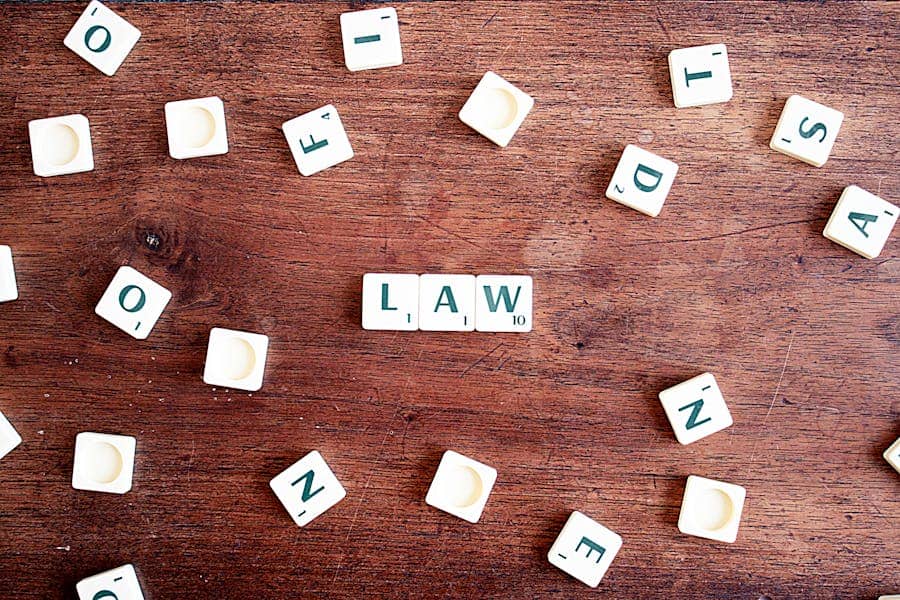Purchasing a vehicle is frequently one of the largest purchases you will make. You might feel thrilled to drive away in a new or used vehicle, but it can become frustrating when you start to experience recurring problems with your car. If you are stuck with a defective vehicle in Washington State, the lemon law qualifications in WA can offer protections to help you obtain a fair resolution. However, before you assume your vehicle is a “lemon,” you need to understand the rules and procedures.
This guide outlines the six key truths about lemon laws in Washington, enabling you to protect your rights and obtain the compensation you deserve for a replacement vehicle.
1. Lemon Laws Apply to New and Used Cars
It is relatively common knowledge that lemon laws relate solely to new cars. However, in Washington, the Lemon law definitions in WA cover both new and used vehicles, provided certain conditions are met. The law is more evident with new vehicles, as a car must be defective within a specified, reasonable timeframe post-purchase for a seller to be protected under the Lemon Law.
For used cars, the law protects individuals, but the vehicle must be protected under a warranty or service contract. If a car is provided with warranty terms as part of the purchase and does not meet those warranty terms, it may fall under lemon law protection a short time after purchase.
2. The Vehicle Must Have a Significant Defect
The essential requirement for a vehicle to be classified as a “lemon” under the Lemon Law qualifications is that the car needs to have a major defect that affects its use, value, or safety as a vehicle. Defective brakes, engine problems, or electrical issues could all qualify as major defects.
Minor cosmetic defects or problems that do not impact the car’s use typically do not qualify under lemon laws. For example, a defect that damages the exterior or a problem with the radio would not typically qualify. Still, mechanical defects that affect the safety or operation of the vehicle would qualify for protection under the Lemon Laws.
3. The Defect Must Be Repeatedly Unresolved
Another fact about Washington state law regarding lemon law is that the defect must have had multiple attempts by a dealer or manufacturer to fix it. A vehicle may be eligible for lemon law relief if it has been repaired three (3) times or more for the same issue and is still defective or if your vehicle has been out of service for a total of 30 days or more.
It is essential to maintain complete documentation of all repair attempts and the duration of the vehicle’s downtime. This documentation will be necessary to demonstrate your case’s eligibility under Washington’s lemon law.
4. There Are Time and Mileage Limits
Washington State’s lemon law outlines specific time frames and mileage limits for filing a lemon law claim. Typically, defects must be reported to the dealer or manufacturer within the first 18 months or 18,000 miles of ownership. This timeframe is critical in determining eligibility for lemon law protection.
If you wait too long or exceed the mileage limit, your lemon law claim may no longer be enforceable. It is critical not to procrastinate if you believe your vehicle may be a lemon.
5. You Must Provide the Manufacturer a Chance to Fix the Problem
The governing statutes under the lemon law in WA require the manufacturer or dealer to be provided a reasonable opportunity to fix the defect. This means that before a lawsuit can be pursued, the dealership or manufacturer must be given the opportunity to repair the defect. If it cannot be repaired after a few attempts, then you may be able to pursue a lemon law claim.
Keep all documentation of the communication with the dealership and all repairs done. This will demonstrate that you took the necessary steps to allow the manufacturer the opportunity to fix the issue.
6. You Can Get a Refund or Replacement Vehicle
If your car is determined as a lemon, you have two options to remedy the situation: a refund or a replacement. For the most part, the maker will opt to provide a replacement car at a comparable value unless you want a refund.
A refund usually covers the purchase price, taxes, licensing, and other fees incurred. However, the manufacturer can deduct a reasonable fee for the time you’ve been using the car, which typically takes into account the mileage you’ve put on it.
Final Thoughts
First of all, dealing with a bad car can be frustrating. However, Washington has a lemon law designed to protect consumers from being stuck with a car that is not safe or will not work properly. Having a firm grasp of the lemon law qualifications in WA can help you make sure your rights are protected and give you the steps needed to resolve your situation.
Furthermore, if you believe your car may qualify for the lemon law, it is essential to act promptly and keep detailed records, document repair attempts, and present your claim within the proper time frame. Whether you proceed with the claim on your own or use a qualified attorney knowledgeable in lemon law claims, lemon laws in Washington give you a process to get compensated and a fair resolution to your vehicle problem.


